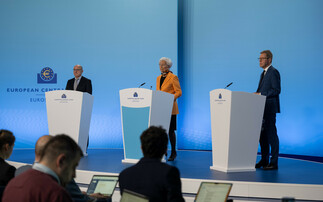Any future German government will face challenges in pushing through significant reforms, as analysts forecast “economic implications” resulting from the election will likely not be felt until next year.
German voters went to the polls on Sunday (23 February) to elect the country's next Bundestag after Chancellor Olaf Scholz lost a confidence vote in December 2024, triggering early elections. The Christian Democratic Union (CDU) party and its affiliate, the Christian Social Union in Bavaria (CSU), won 28.6% of the votes, followed by the far-right AfD party at 20.8%, and Scholz's Social Democratic Party of Germany (SDP) at only 16.4% of the votes. Conservatives win German election as challenges mount for next government Markets have reacted modestly to the election results. Acc...
To continue reading this article...
Join Investment Week for free
- Unlimited access to real-time news, analysis and opinion from the investment industry, including the Sustainable Hub covering fund news from the ESG space
- Get ahead of regulatory and technological changes affecting fund management
- Important and breaking news stories selected by the editors delivered straight to your inbox each day
- Weekly members-only newsletter with exclusive opinion pieces from leading industry experts
- Be the first to hear about our extensive events schedule and awards programmes









